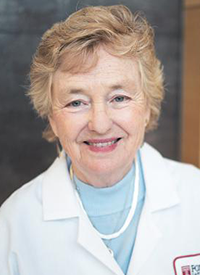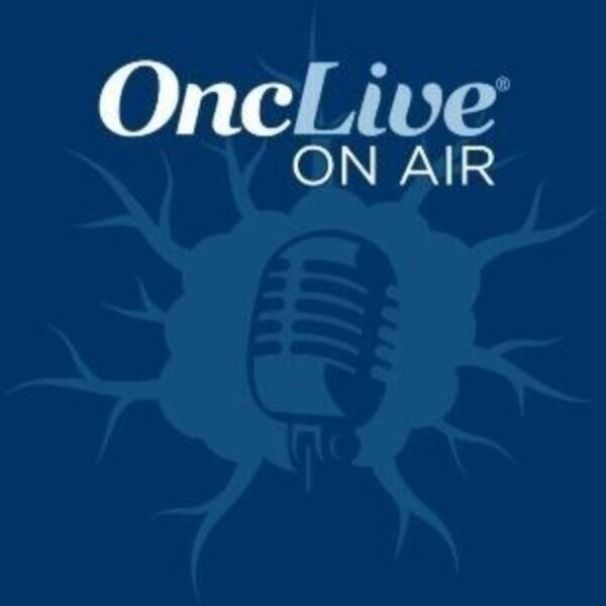Article
Press Release
Fox Chase Cancer Center’s Dr. Mary Daly Receives Inaugural Impact Award From Basser Center for BRCA
Author(s):
Fox Chase Cancer Center’s Mary Daly, MD, PhD, FACP was recently recognized as the first recipient of the BRCA Impact Award from Penn Medicine’s Basser Center for BRCA.
Mary Daly, MD, PhD, FACP

Fox Chase Cancer Center’s Mary Daly, MD, PhD, FACP, a professor in the Department of Clinical Genetics and the Timothy R. Talbot Jr. Chair in Cancer Research, was recently recognized as the first recipient of the BRCA Impact Award from Penn Medicine’s Basser Center for BRCA.
The award was created to recognize a national leader in the field of cancer genetics. The Basser Center for BRCA at Penn Medicine’s Abramson Cancer Center has helped to accelerate BRCA-related cancer research and the development of targeted therapies. BRCA1 and BRCA2 are tumor suppressor genes that can lead to the development of cancer when mutated.
“Receiving this award made me think back to what I’ve done here at Fox Chase, because when you go to work every day you don’t think you’re making an impact, you just think you’re doing your job and taking care of patients,” said Daly.
“It made me realize, looking back over all the years that I’ve been here, that I have made an impact in terms of setting up one of the first risk-assessment programs for cancer prevention even before we knew about the cancer genes,” she added.
“The Basser Center for BRCA is committed to advancing BRCA1/2-related research by working with collaborators across the world to make progress for patients and families affected by BRCA mutations,” said Susan M. Domchek, MD, the center’s director. “With the inaugural BRCA Impact Award, we’re excited to honor a cancer genetics leader here in Philadelphia, the distinguished Mary Daly, whose work has impacted so many in our region and beyond.”
Daly is a leader in the design of educational programs in cancer genetics and cancer risk for both high-risk individuals and their healthcare providers and is a prominent researcher in the field of clinical cancer genetics.
She was the founder of the Risk Assessment Program at Fox Chase, formerly the Margaret Dyson Family Risk Assessment Program. Founded in 1991, it was the first program of its kind in the region and one of the first in the U.S. The program, which initially focused on assessing ovarian and breast cancer risk, now also includes risk assessment for several types of cancer, including prostate, gastrointestinal, lung, melanoma, and kidney.
The goal of the program is to help those at high risk of developing cancer learn about risk factors and preventive measures. It provides education, individualized counseling, genetic testing, and screening to high-risk patients.
In addition, Daly chairs the Genetic/Familial High-Risk Assessment: Breast, Ovarian, and Pancreatic Panel for the National Comprehensive Cancer Network and is a member of the National Cancer Institute-sponsored PDQ Cancer Genetics Board.
“Not only have we had a good counseling program that serves people in terms of determining what their cancer risks are and how they can manage and reduce that risk, but also all of the research that has come out of it by sharing our database with other people,” said Daly. “So it has, I think, had quite an impact, because we share our data with investigators all over the world.”





